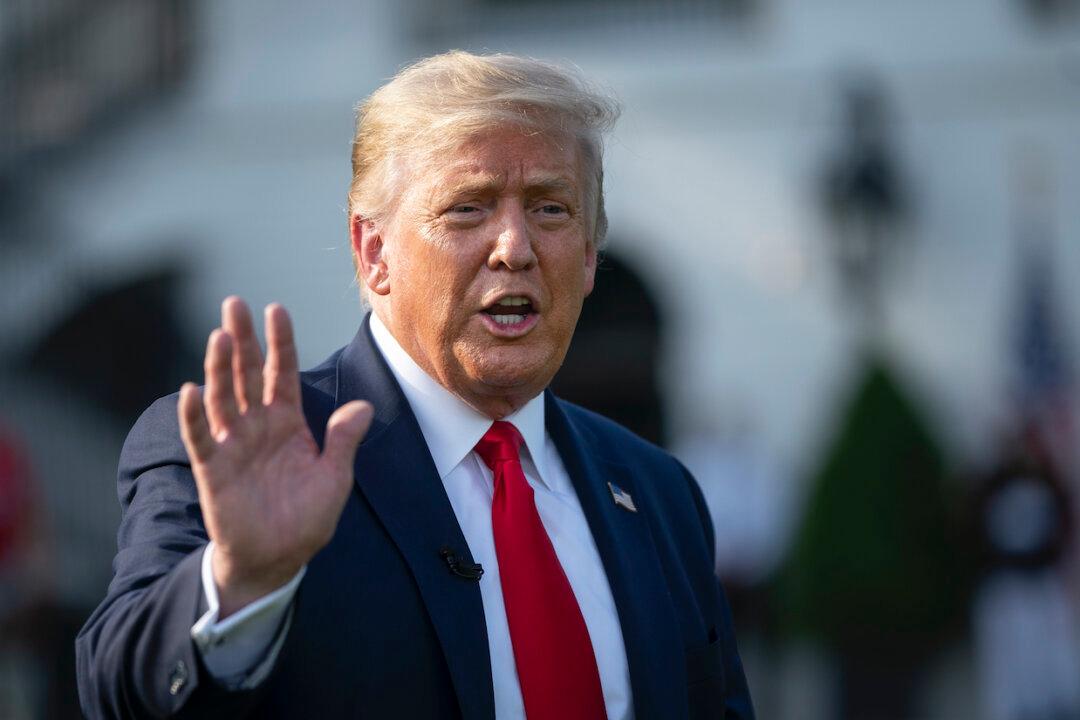President Donald Trump is set to deliver remarks and sign a series of executive orders on lowering drug prices at 3:00 p.m. EDT on Friday, according to his schedule issued by the White House on July 23.
While it is unclear what exactly will be included in the order, a source told The Hill that it is likely to involve “a proposal to reduce some U.S. drug prices by tying them to the lower prices paid in other countries.”




